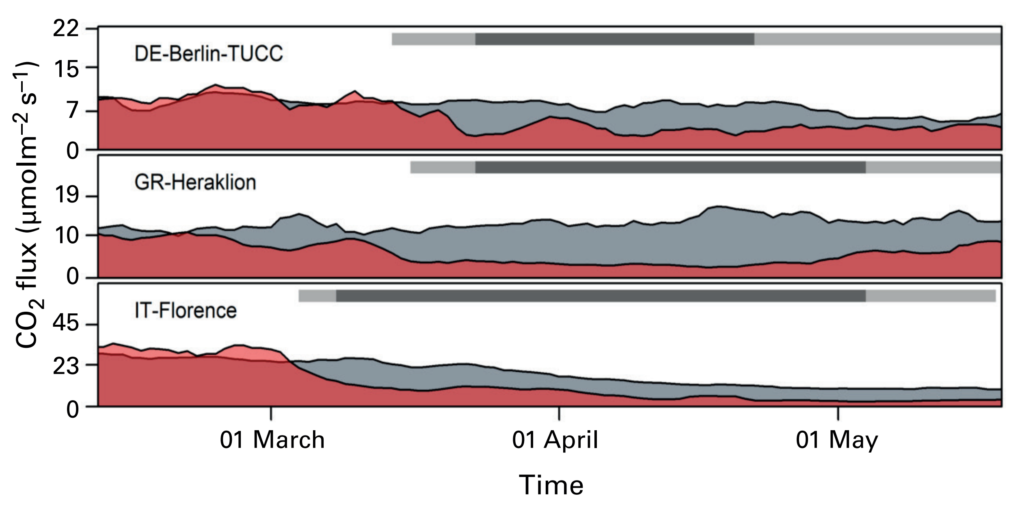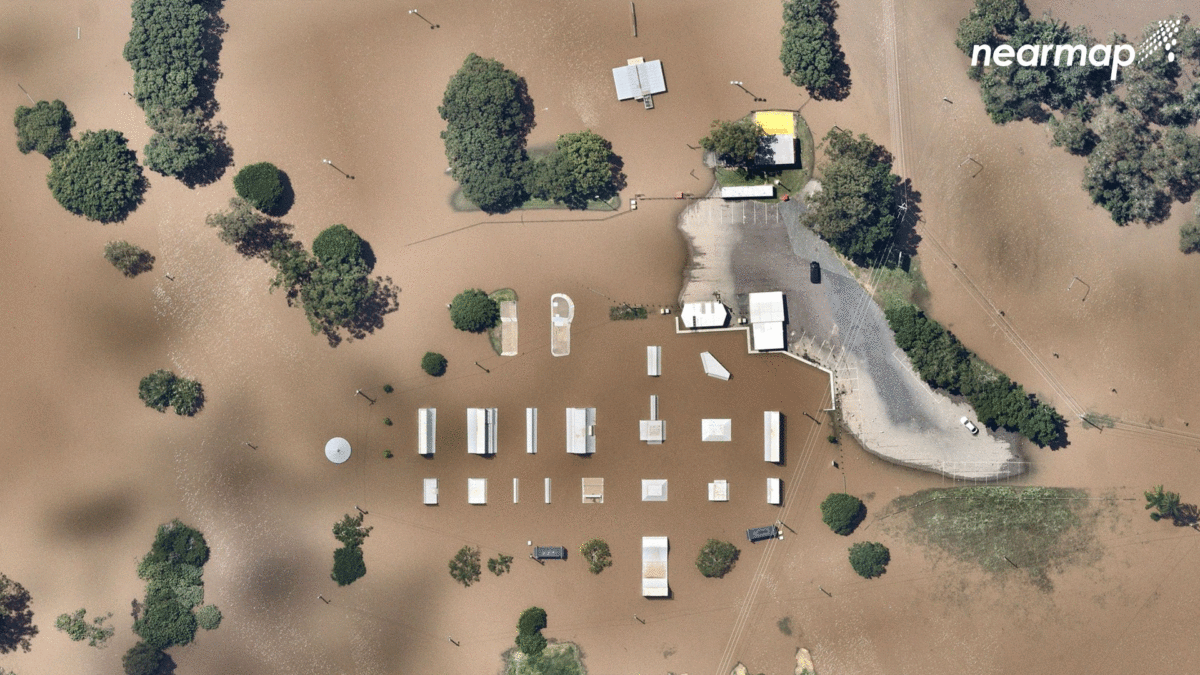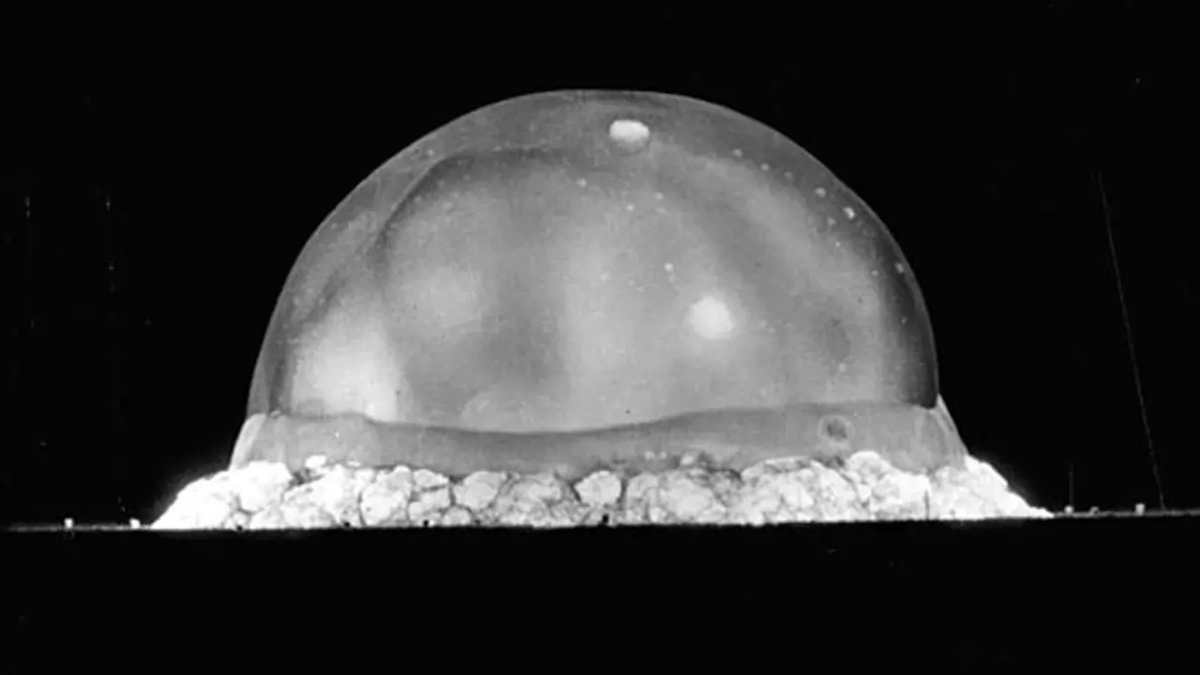Carbon dioxide levels continue at record levels, despite COVID-19 lockdown – “The COVID-19 pandemic is not a solution for climate change”

GENEVA, 23 November 2020 (WMO) – The industrial slowdown due to the COVID-19 pandemic has not curbed record levels of greenhouse gases which are trapping heat in the atmosphere, increasing temperatures, and driving more extreme weather, ice melt, sea-level rise, and ocean acidification, according to the World Meteorological Organization (WMO).
The lockdown has cut emissions of many pollutants and greenhouse gases such as carbon dioxide. But any impact on CO2 concentrations – the result of cumulative past and current emissions – is in fact no bigger than the normal year to year fluctuations in the carbon cycle and the high natural variability in carbon sinks like vegetation.
Carbon dioxide levels saw another growth spurt in 2019 and the annual global average breached the significant threshold of 410 parts per million, according to the WMO Greenhouse Gas Bulletin. The rise has continued in 2020. Since 1990, there has been a 45% increase in total radiative forcing – the warming effect on the climate – by long-lived greenhouse gases, with CO2 accounting for four fifths of this.
“Carbon dioxide remains in the atmosphere for centuries and in the ocean for even longer. The last time the Earth experienced a comparable concentration of CO2 was 3-5 million years ago, when the temperature was 2-3°C warmer and sea level was 10-20 meters higher than now. But there weren’t 7.7 billion inhabitants,” said WMO Secretary-General Professor Petteri Taalas.
“We breached the global threshold of 400 parts per million in 2015. And just four years later, we crossed 410 ppm. Such a rate of increase has never been seen in the history of our records. The lockdown-related fall in emissions is just a tiny blip on the long-term graph. We need a sustained flattening of the curve,” said Prof Taalas.
“The COVID-19 pandemic is not a solution for climate change. However, it does provide us with a platform for more sustained and ambitious climate action to reduce emissions to net-zero through a complete transformation of our industrial, energy, and transport systems. The needed changes are economically affordable and technically possible and would affect our everyday life only marginally. It is to be welcomed that a growing number of countries and companies have committed themselves to carbon neutrality,” he said. “There is no time to lose.” [more]
Carbon dioxide levels continue at record levels, despite COVID-19 lockdown


